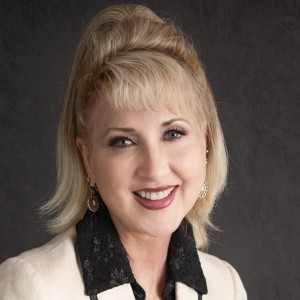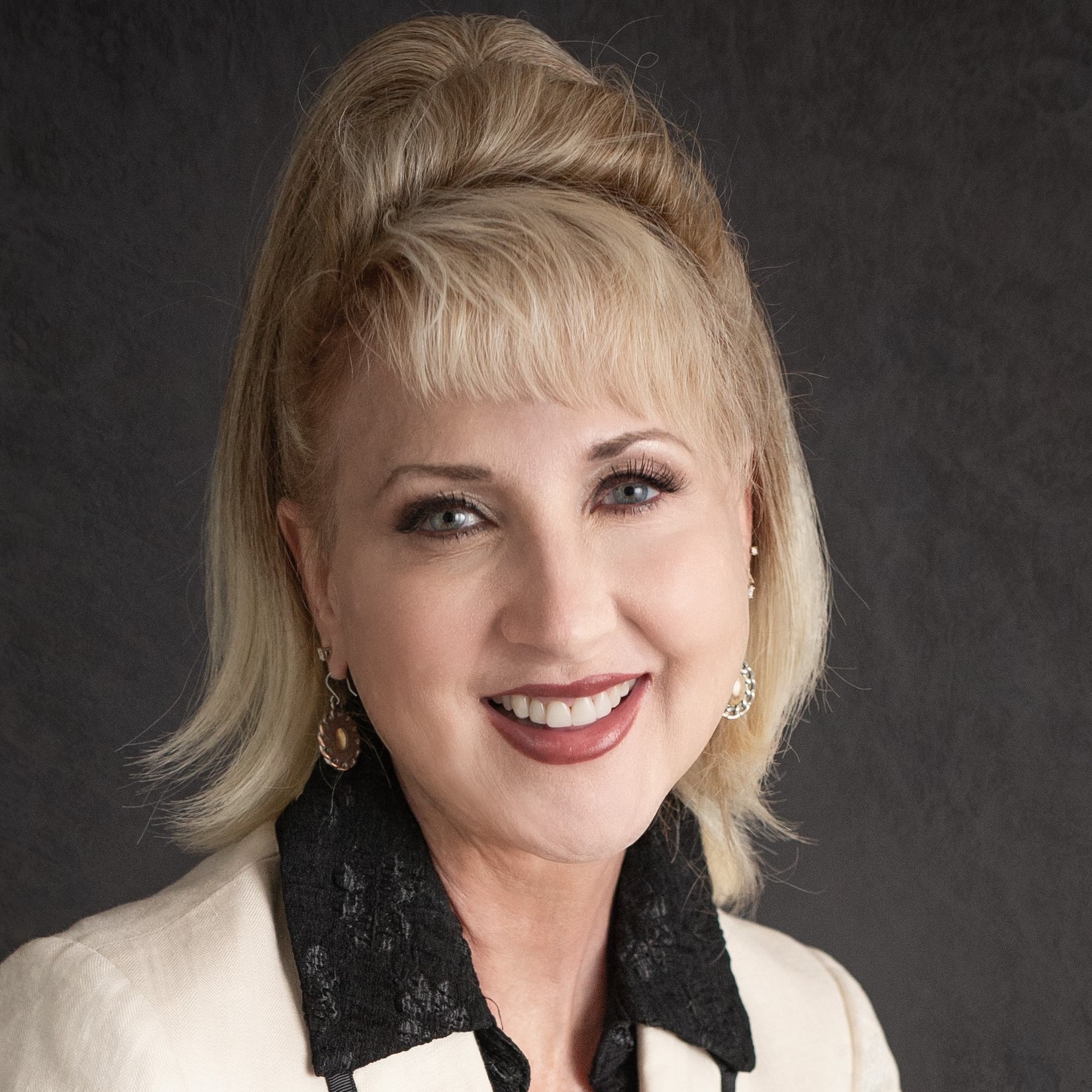Episodes

Monday Jun 19, 2023
Family vs. Friends
Monday Jun 19, 2023
Monday Jun 19, 2023
Which is more important, friends or family? To some, family should always come first at all ages and stages of life. Others see the family of childhood as little more than an option once adulthood is reached since one can create a “family of choice” and no longer depend on the family of origin. Today Cinthia explored the similarities and differences between familial relationships and friendships and offered some principles to help us navigate our relationships well. She emphasized that relationships are vital for human beings, that family and friends are not an either/or choice, that it is okay to enjoy either or both, and that recognizing the reasons we enjoy one kind of relationship more than another can help us maturely and effectively navigate both kinds of relationships.
Family relationships and friendships have a lot in common. They can both be comforting, and they can both be stressful. Both can be warm, loving, healthy, and respectful, and both can be cold, neglectful, even abusive. Both can be irreplaceable. Both can differ over the course of the lifespan, and both can maintain through ups and downs. Families can help us when we experience pain in friendships, and friends can help us when we experience pain in family relationships. We can work on each kind of relationship, and each kind can grow and change. We can have disappointed expectations in both, and, in both, we can learn to set boundaries and allow for healing.
One important difference, however, is that the relational labels of family members do not change regardless of conflict, estrangement, etc. Friendships are often circumstantial and may grow and flourish or weaken and fade based on factors like geography, choice of workplace, etc. Even good friendships sometimes end, though there are friends who stick closer than family members. But family relationships are, by definition, permanent, and even extreme situations like estrangements do not end their existence. This can create pressure, guilt, and great difficulty leaving even when a situation is truly dangerous. However, the permanency of family relationships can also encourage us to maintain connection whenever possible and reasonably safe, to resist treating human relationships as disposable, and to work on resolving issues that might mean the end of a friendship. Cinthia noted that she spent many years asking God why He gave her the adoptive family He did but that she now understands more about why His choice of them for her was so important and right. “Family of choice” (the people on whom we choose to rely for support, connection, sharing, etc.) can be very helpful, but family of origin (the one that produced and/or raised you) and family of procreation (the family we create with marital, biological, and/or adoptive ties) does not cease to matter as a result.
Friendship, on the other hand, begins and continues by choice. We are more responsible for the composition of our friendships because we get to pick them. While families are a mixture of very complicated humans that have very different personalities and very different gifts, friends may select one another based on preferred traits or things they have in common. Because of this, families of choice can be great places to connect. Families can have more complex issues (e.g., hierarchy, indebtedness), but friends often share a more even power structure. We can also have different groups of friends, giving us options for getting our needs met and meeting the needs of others, though this can also mean less incentive to resolve issues in any given group. Friendship matters, even to our health; research indicates that healthy friendships are better predictors of our physical health in some ways than our family relationships are.
So which is better, family or friends? Well, both are, and we need them both. We can have healthy, fulfilling relationships even if our families are not healthy because we can cultivate friendships, but our familial relationships will always matter to us at some level, even in cases where we cannot safely continue to be in interactive relationship.
So what are the healthiest relationships in your life? Are you doing the emotional work it takes to make the most of them? As adults, we can manage the bumps and valleys of familial relationships and of friendships, but we have to have appropriate expectations of each. While friends can meet needs appropriate to friendship, we cannot expect them to meet the childhood needs our parents did not meet. And while it is possible for a family member to become a true friend, it is not realistic to expect that all our family members have to be our best friends or that our family members will exhibit everything we might choose in our friends. We also have to be aware of the ways these relationships impact one another. Family relationships can create expectations for relationships throughout the life span. We may carry our family system with us and expect or recreate it around us. Or we can react to it throughout the life span, rebelling against it for a lifetime. We do well to recognize what happened in our families, how we interpreted it, and how it is currently impacting our everyday lives. Are you cultivating friendships out of a need to recreate or rebel against your family of origin?
It is okay to have different kinds of feelings about each kind of relationship. It is wonderful to enjoy your family even more than you enjoy your friends, but lots of people don’t feel that way. And, no matter how much your extended family wants to be to you, it is okay to set boundaries and have friends outside the family. We must recognize that no one person can be and do everything for us, just as we cannot do that for anyone else. It is also okay to let relationships grow and change. Sometimes we grow out of friendships, and this can hurt. Sometimes a family relationship becomes a friendship, as well, while other familial relationships do not. Whatever kind of relationship you are navigating, make sure you are showing up as an adult in the relationship. Adults get to pick who they let get closest to them, and they are responsible for the way they behave toward others.
Relationships are important, period. Human beings need them. The more connected we are with other humans in healthy ways, the healthier we are. The relationships we choose influence our health dramatically, increase our problem-solving skills, etc. We are responsible to treat both our family and friends as we would like to be treated. We are responsible to be adults in the ways we interact. We are responsible for our part in getting to know our family and friends as adults, and in allowing space for them to change, too. As adults we have choices. We can affect systems if the systems allow themselves to be affected; we can participate in the change process in relationships when others are willing to participate, too. We can also accept losses that are beyond our control. It’s ok to prefer either your family or your friends, but do pay attention to why you enjoy one more than the other. Choose positively rather than reacting.

